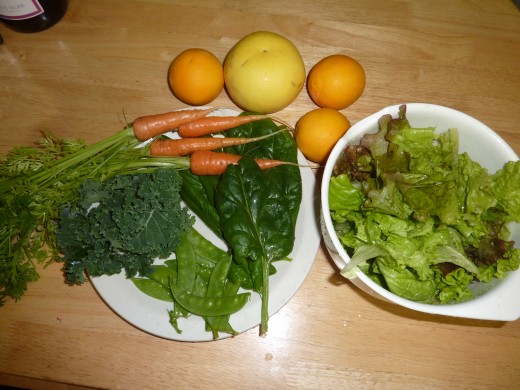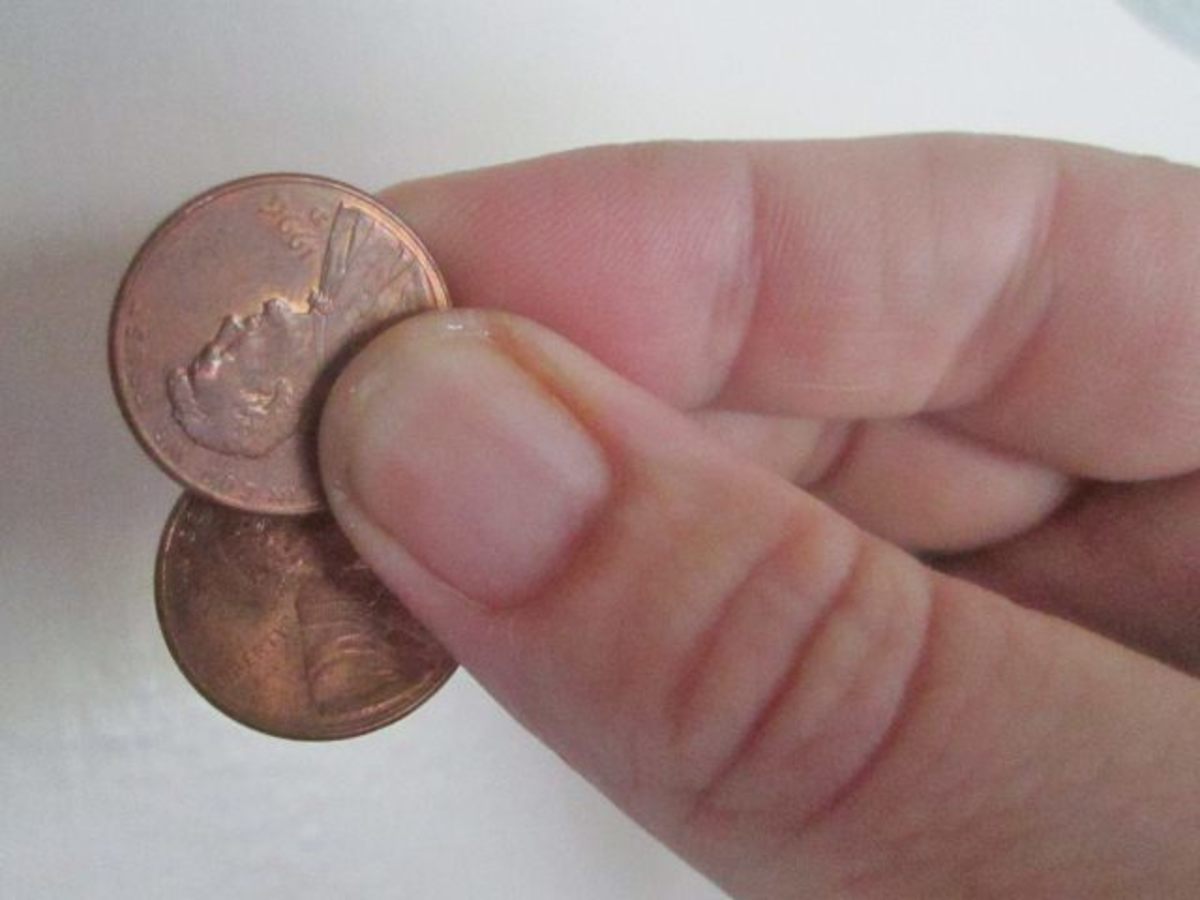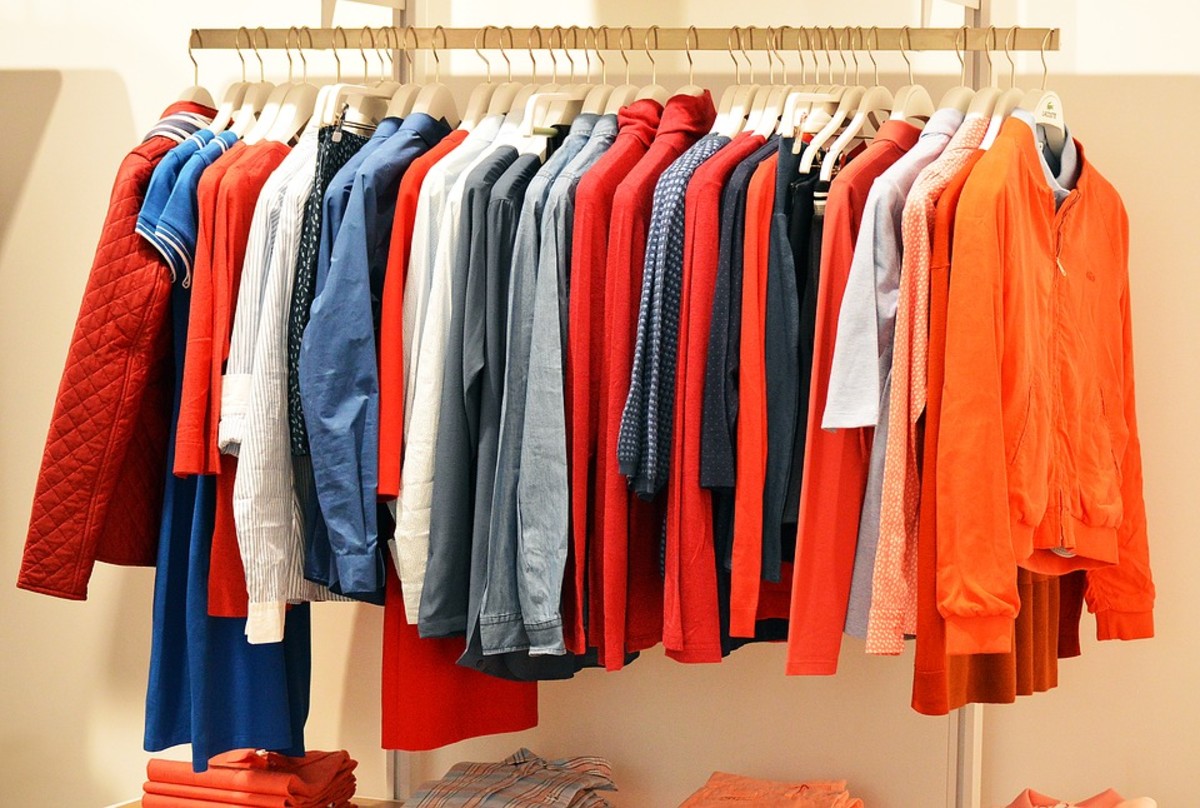7 Tips for Frugal Living, the Eco-Conscious Way
Going "green" - its a philosophy that has long been associated with environmentalist ethics, but can it offer advice to those of us with a financial goals? As it turns out, sustainable living is one of the most effective ways to live with frugality in these penny-pinching times. As you reduce unnecessary consumption and waste and achieve ecological balance, you will find that you can save significant money on a short-term basis.

Many options for "going green"- such as LED’s and electric cars- save money in the long term and demand a hefty initial investment. But there are plenty of choices that can reap short term benefits and immediately build up your piggy bank if you are strapped for cash.
It might be difficult in our culture, but its necessary to brush off your consumerist insticts and focus on the fundamentals if you are going to take an eco-conscious approach. That means striving to ignore constant advertising demands, like those that insist you need ten different cleaners for your household. This approach is about the embrace of simplicity, to ensure economy, health, and well-being.
That said, here are a few choices that can help you save money in your home:
1. Use all-in-one liquid soap. A bottle of organic liquid castile soap can replace virtually all the soap in your house. The oil-based castile soap is mild and effective, whether used as a body wash, surface cleaner, or laundry detergent. You will be amazed at the money that can be saved when you don’t have to buy separate soaps for every job around the house.
2. Replace paper towels with reusable cotton towels. Paper towels can add significant heft to a home’s monthly costs, often priced at $15 for a set of 12 rolls that will quickly get used up. A set of cotton rags costs a few bucks and will last for years. Just toss it in with the weekly laundry.

3. Grow your own vegetables and/or herb garden. A backyard vegetable garden necessitates a small investment of time and money but will yield months and months of fresh vegetables to feed your family. This will save you plenty of cash on produce, perhaps $50 a month or more depending on the size of the garden. Eating fresh organic vegetables will keep the doctor away as well. If you don’t have a backyard with full sun exposure or usable soil, check out rental rates at local community gardens. Renting a garden plot is a minimal fee and can provide you with infinitely productive soil.
4. Recycle. Whoever said recycling is strictly a moral responsibility? Its all about the money! In many parts of the world, recycling is a vital source of income and at the center of its own economy. You might be surprised at the redemption value of many glass and plastic bottles. Old appliances may also reap rebates depending on your area.
5. Bake your own bread. Any baker like me knows that flour, yeast, and the other ingredients in bread and other baked goods are cheap and can be turned into the most basic source of sustenance. Homemade bread can cost pennies a loaf, saving you oodles on monthly grocery costs.
6. Plant native landscaping plants. This will cut your water bill significantly by eliminating the need to run your sprinklers.
7. Use nature as your clothes dryer. The sun and afternoon breeze can serve as well as any electric or gas dryer to dry your clothes. The difference is that these elements are offered by nature completely free of charge. All you you need is a clothesline and some pins. Another laundry tip: Try replacing store-bought fabric softener with a dash of baking soda. It does the trick just as well.
The naturalist philosophy of Henry David Thoreau reminds us that simple, nature-oriented living alleviates the financial and psychological burdens of modern life. His own experiment at Walden Pond taught him that a fulfilling life requires little material necessity. As he explains it, "Things do not change, we change. Sell your clothes and keep your thoughts."








